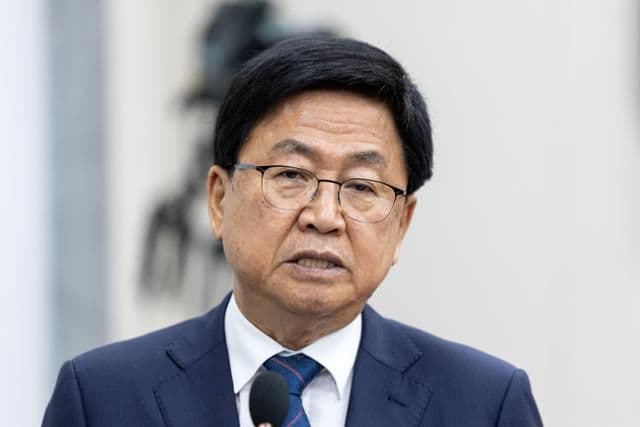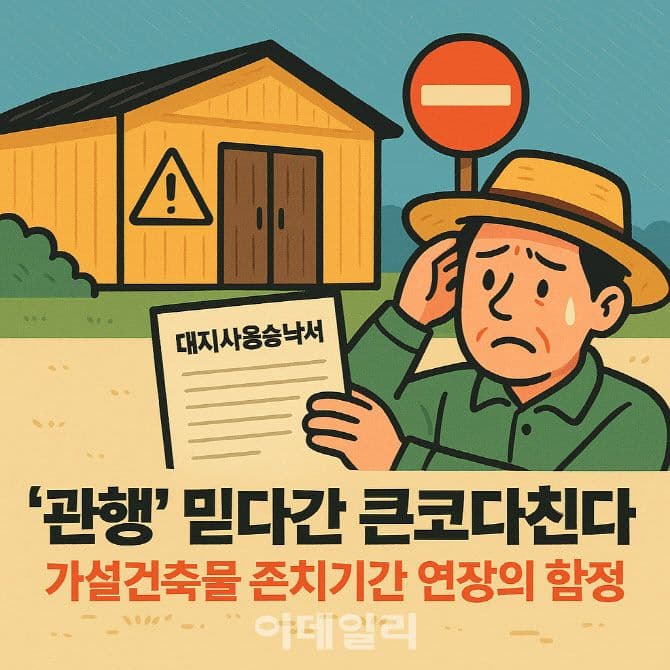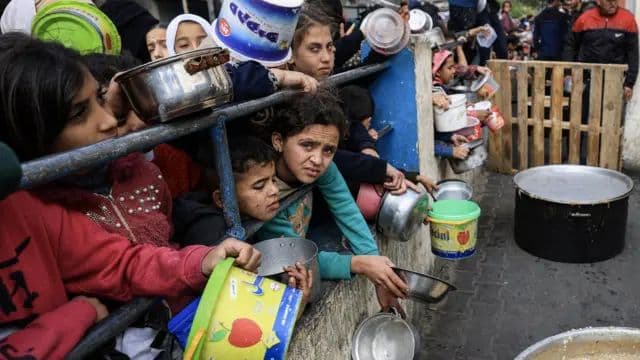Why the Latest Cabinet Shuffle Has Everyone Talking

A Bold Move and Instant Backlash
President Lee Jae-myung surprised many by swiftly approving the nominations of Jeong Dong-young as Unification Minister, An Gyu-baek as Defense Minister and Kwon O-eul as Veterans Affairs Minister despite missing confirmation reports and mounting controversies. This decision reignited debates over executive power and legislative respect, just weeks after the "dad-bonus" uproar around Culture Minister nominee Choi Hwi-young drew intense scrutiny on corruption and privilege. Online news portals lit up with headlines questioning the administration’s respect for public opinion and due process, setting the stage for a fiery response from People Power and civic forums.
Community Echoes and Cultural Context

In Naver blogs and Tistory threads, netizens dissected every detail: some lamented the sidelining of parliamentary review, others pointed to Korea’s rapid appointment culture as a symptom of deeper political impatience. Comments ranged from outraged calls to halt what many dubbed an "appointment rampage" to more playful memes comparing ministerial picks to K-drama plot twists. Across communities such as DC Inside and PGR21, positive reactions were scarce—only a handful applauded Jeong Dong-young’s experience under Roh administration. These digital fan-driven spaces reveal how political trust intertwines with pop-culture consumption, as younger audiences increasingly voice opinions through online fandom channels.
The People Power Perspective
People Power’s spokesperson accused the administration of ignoring citizens and sowing division by pushing through nominees flagged by opposition parties. In a public statement, they blasted the moves as "pre-answered, automatic appointments" and warned of a looming "personnel catastrophe." Drawing on reports from The New Daily, Yonhap and Asia Economy, they highlighted allegations of insider trading, ghost corporations and repeated fines linked to Culture Minister nominee Choi Hwi-young. This narrative tapped into broader frustrations over perceived elite privilege, resonating deeply with those following recent land-speculation scandals in tech and media sectors.
Looking Ahead: What This Means for Korea
As calls for legislative oversight grow louder, the administration faces a critical test: balancing swift governance with democratic checks. Cultural commentators note that Korea’s fandom-style critique of politics—where passionate online communities rally behind or against figures much like pop idols—underscores a shift in civic engagement. Will President Lee adjust course to heed public and parliamentary concerns, or double down on his mandate? For foreign observers, this episode offers a window into Korea’s unique blend of high-speed politics, grassroots digital activism and the ever-evolving dance between power and public sentiment.
Discover More

When Temporary Structures Become a Legal Trap in Korea
This blog explores a new Supreme Court ruling that tightened requirements for extending temporary structures in Korea and why relying on old practices can lead to unexpected losses.

Gaza’s Hunger Crisis: Voices from the Edge
Gaza residents are starving for days as malnutrition spikes and aid bottlenecks spark global outrage, while Korean netizens share shock and solidarity.